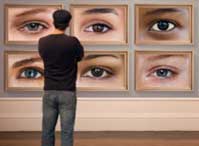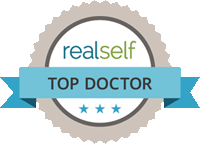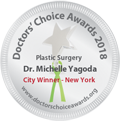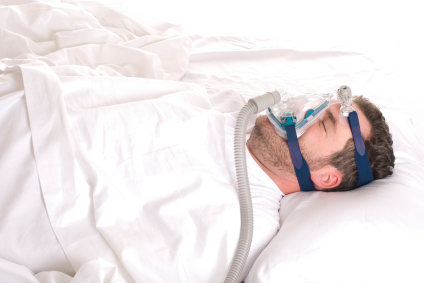What Is Sleep Apnea?
Sleep apnea is a terrifying condition, often accompanied by snoring, in which someone stops breathing repeatedly while sleeping—sometimes for minutes at a time, and sometimes for hundreds of episodes even in just one night! As a result, sleep apnea can prove deadly. Thankfully and much more commonly, victims awaken out of deep levels of sleep to subconsciously reposition their airway, and then resume breathing. As you might suspect, this results in sleep deprivation and poor quality sleep at best. Left untreated, sleep apnea can result in cardiovascular problems including high blood pressure as well as depression, weight gain, inability to hold a job, difficulty concentrating, and motor vehicle accidents.
What Causes Sleep Apnea?
Although sleep apnea is sometimes “central” or caused by a disruption in the brain’s signals to tell the body to breathe, by far the most common cause is an “obstructed” airway. In Obstructed Sleep Apnea (OSA), there may be a narrowing in any one or multiple areas of the airway such as the nose, nasopharynx (behind the nose where the adenoids are typically found in children), throat, windpipe, or lungs. Most typically it is the nose and/or throat that is the source of obstruction. Sleeping supine (on one’s back) may exacerbate the problem because, during sleep, the throat muscles relax and may even partially collapse causing soft tissues of the throat (i.e., the tonsils and tongue) to narrow or slightly cover the airway passages. Alcohol increase the risk of apnea and also the chance of snoring, by relaxing the throat muscles even further. Overweight men over the age of 40 have an enhanced risk of suffering from sleep apnea, but victims can be of either gender and of any age. Even children have been known to suffer from OSA, although typically it is reversible and caused by chronic tonsillitis and/or adenoidal enlargement.
Who Has Sleep Apnea?
Even though the National Institutes of Health estimates that there are more than 28 million Americans suffering from sleep apnea—a number that puts it on par with adult diabetes—most cases go undiagnosed and untreated. Why? Many people have never heard of the condition, and because the problem manifests itself while you’re sleeping, it’s entirely possible to have it and not know it.
What Are the Treatment Options for Sleep Apnea?
If you or someone you lovea loved one suspects that you may have sleep apnea, it’s important to be evaluated by an otolaryngologist, like Dr. Yagoda, who can examine the structure of your upper airway, determine if you have a blockage that might cause OSA, and offer a remedy based on a full spectrum of treatment options.
Remedies include a multitude of options including the following:
- Lifestyle changes (a weight loss plan, sleep position and hygiene suggestions, and limitation or elimination of alcohol, painkillers, and other substances that might be depressing your central nervous system);
- An oral appliance that prevents the tongue from resting back and obstructing the airway;
- A nasal appliance such as Provent, a C.P.A.P. or continuous positive airway pressure device;
- Natural, pharmacological and alternative therapies;
- Laser or traditional, endoscopic, or balloon surgical repair that would trim excess tissue, remove obstructions and create a more open airway.
Read further information about treatments for sleep apnea.
As both an otolaryngologist and facial plastic surgeon, Dr. Yagoda is able to offer her patients a full spectrum of treatment options for sleep apnea. She can help you develop a comprehensive treatment plan to restore free breathing and restful sleep.



































